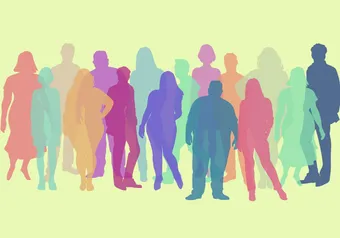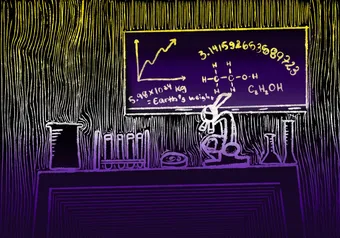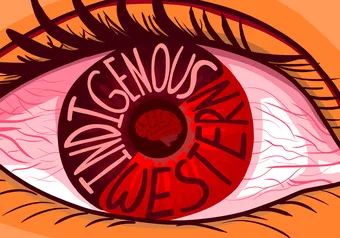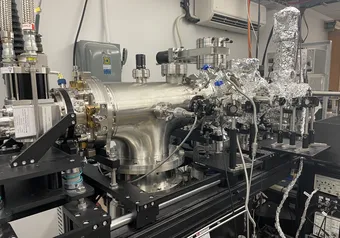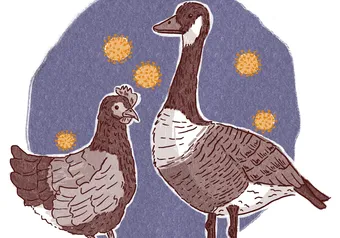To the average person, the word neuroscience can be quite daunting.
Neuroscience — the study of the nervous system — is a vast and varied field. It tackles a large range of questions from how we move our muscles to why we behave the way that we do. It can understandably seem esoteric to the average student due to its complex and nuanced nature, but it doesn’t have to be.
A group of UBC students seeks to change that characterization and make the study of neuroscience a more accessible topic to those across campus. The new UBC Neuroscience Club is composed of a group of undergraduates passionate about neuroscience and dedicated to spreading that passion to others.
“We started as a bunch of students who were all volunteering in a neuroscience lab called the Haas Lab,” explained Samantha Wong, a second-year student in behavioural neuroscience and director of communications for the club.
“We come from different majors, but we all kind of have the same common interest in neuroscience. We thought it would be great to create a platform for this kind of multidisciplinary interaction or intellectual exchange between students who are also interested in this field.”
The club is planning a number of initiatives that seek to connect eager undergraduates with topics in neuroscience research.
“We all thought that it would be great if we could connect principle investigators that have a passion for mentoring students with students who are interested in getting to know the field,” explains Wong. By doing this, they hope to give students exposure to hands-on research, stressing the importance of skills such as academic writing and speaking.
While the club has plans to put neuroscience learning and research in the limelight at UBC, one of its long-term goals is to promote the formation of a neuroscience major. Problems in the nervous system have far reaching ramifications on the human body. The formation of a neuroscience major can be a means of attracting people into the field to find solutions to these problems.
The club has its roots in the promotion and practice of neuroscience, but it still plans to execute a number of social events. It is a place to make friends, as well as a place to learn.
“It's not just hard work or ‘boring’ everyday-go-to the-lab-and-do-techniques and stuff,” said Wong. “It’s also more about starting conversation between people in this community who are interested in this field.”
First online
Share this article



